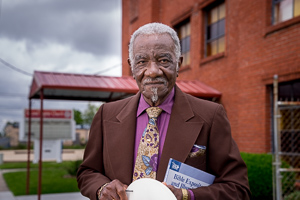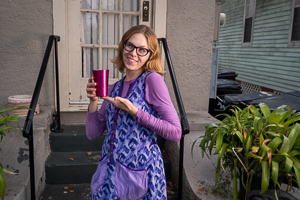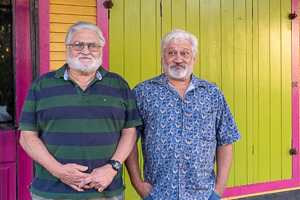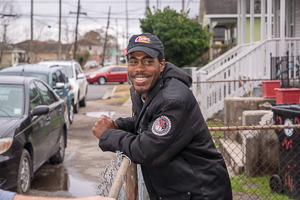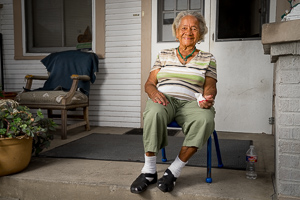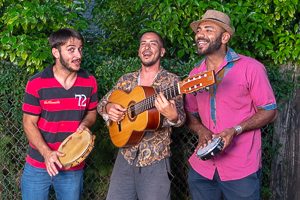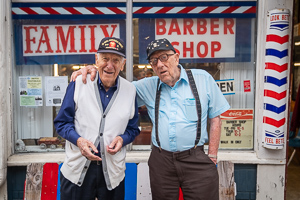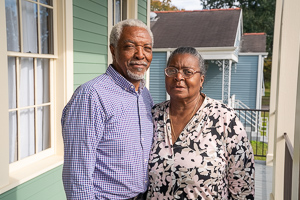Community Sociology:
A Graduate Seminar

|
This seminar introduces students to multiple methods of community research. The instructor's large datasets on community recovery from Hurricane Katrina in New Orleans, his dataset of qualitative interviews on community response to Covid 19, as well as his ongoing photographic neighborhood portraits in New Orleans, will be used to illustrate a range of methods, from quantitative to ethnographic and visual. Topics covered include how to combine quantitative, ethnographic, organizational, geo-spatial, content analytical, photo and video, comparative historical, multi-level, & other methods in community research – including issues in data collection (incl survey sampling), in-depth interviewing, and image-making – to derive a fuller picture. The instructor will walk students through the steps taken in the New Orleans research, and certain materials will be available, with limitations, for student projects. The students will be able to use the materials for exercises; they can outline and/or conduct their own research project with the data; and they can do on-going reports on handling the various methodological questions/challenges in doing community research. This seminar complements other quantitative and qualitative methods classes in the department, including survey, multi-level, geospatial, photo/video-ethnographic and standard ethnographic, and comparative-historical methods. Seminar sessions include the following topics:
This class builds on and was inspired by the instructor's research on |
